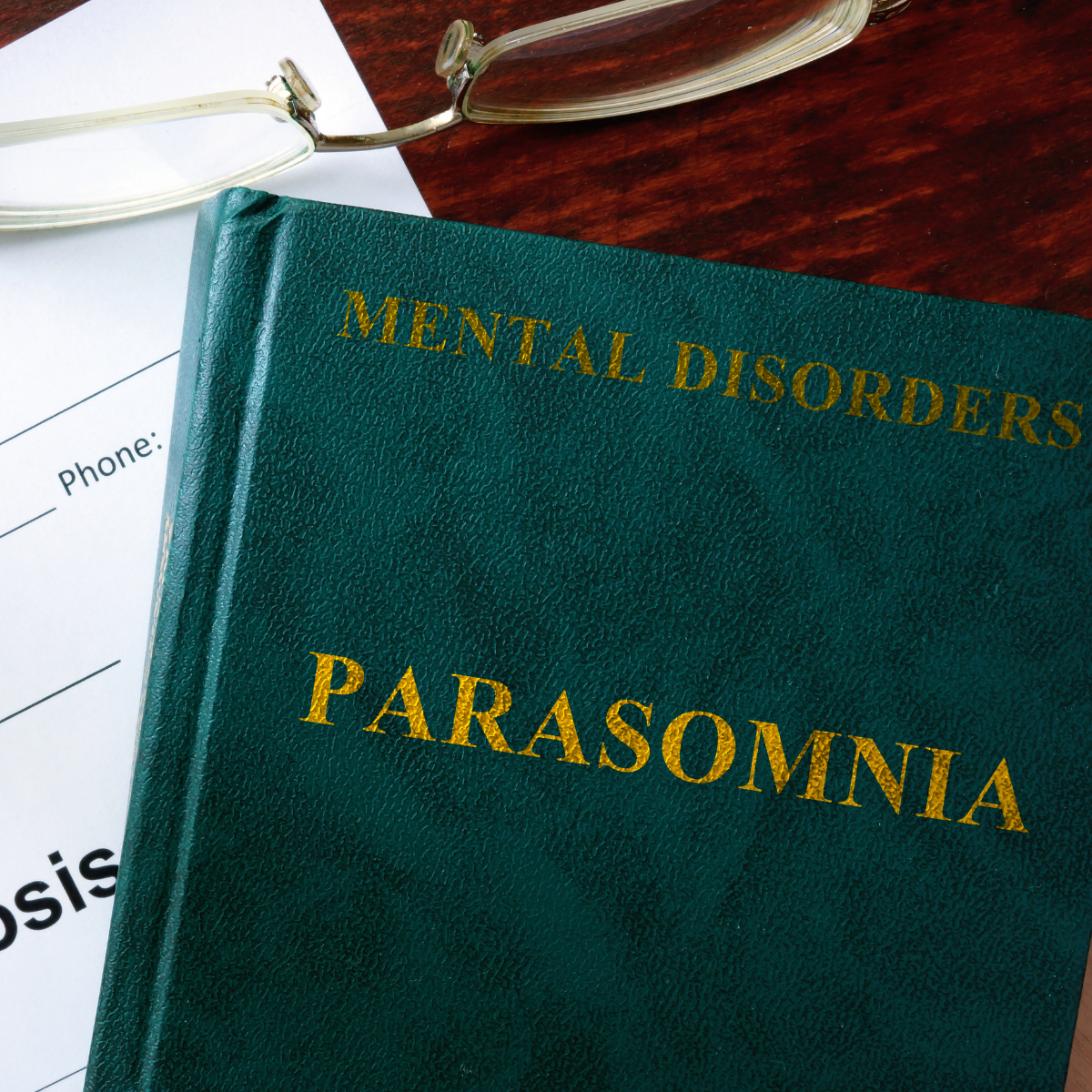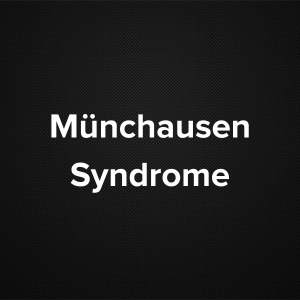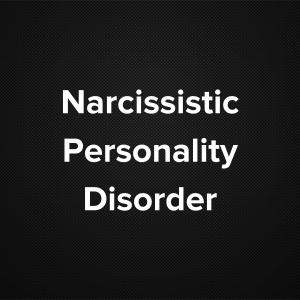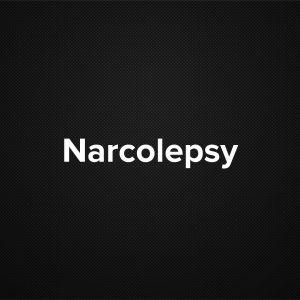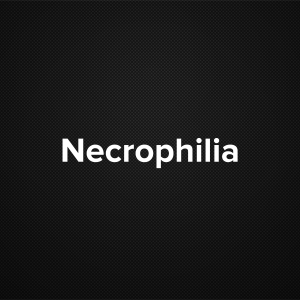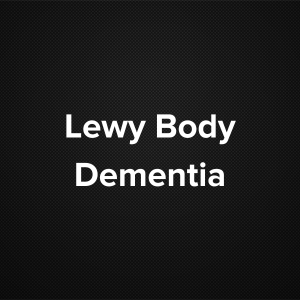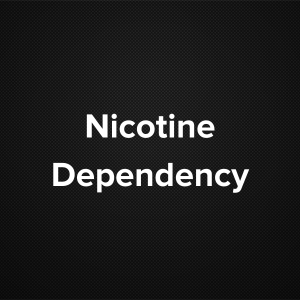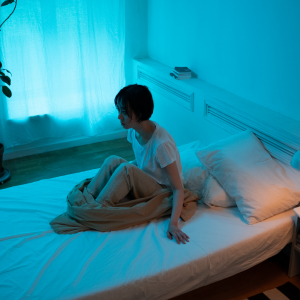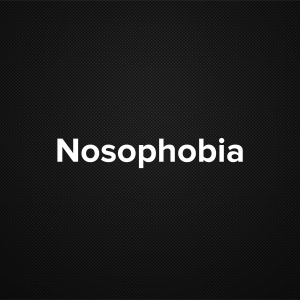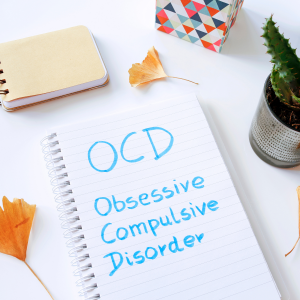Causes and risk factors
Genetic factors are responsible for development of parasomnia. The disorder runs in the families. Brain disorders can cause parasomnia. Sleep apnea can also lead to parasomnia.
Clinical presentation
Patient presents with symptoms which occur during rapid eye movement [REM] or non-rapid eye movement [NREM] during sleep. Nightmares – can cause feelings such as anxiety and fear in the patient. Patient complains of sleep terrors. Patient can recollect the dream. It occurs in REM sleep. Sleep-related eating disorder such as being hungry during sleep can occur. Sleepwalking can be present where a person walks around with eyes wide open, having a glassy look, but the patient is actually asleep. He doesn’t recollect the events later. Confusion occurs such as patient awakens with excessive slowness. It is also called as excessive sleep inertia or sleep drunkenness. Sleep paralysis includes inability to move parts of body during sleep. This condition can be terminated by sound or touch. Sleep behavior disorder such as teeth grinding is seen. Restless legs syndrome can be present. Periodic limb movements can be seen. There can be bed wetting in children. Sleep sex is one of the symptoms. Associated symptoms include talking in sleep, difficulty in waking the person, abnormal behavior such as urinating in closet, etc., screaming.
Investigations
Medical history by the patient and clinical evaluation by the psychiatrist or psychologist helps in diagnosis. Sleep studies are recommended.
Treatment
Treatment depends on symptoms and age of the person. Changing the type of sleeping pills, administration of medicines like antidepressants, use of hypnotics will help in managing sleepwalking. Creating safe sleep environment to avoid injuries while sleepwalking may be required. Psychotherapy and counseling contribute further to the treatment. Good sleep hygiene, avoidance of alcohol , tobacco, light diet during dinner, exercise, yoga, reading books which have content full of positive thoughts will help in the treatment. Increasing sleep hours contributes further to the treatment.
Complications
Unintentional night activity [sleep sex] can cause rape-like situations. Night walking can lead one to mysterious and dangerous situations.
When to Contact a Doctor
One must consult a doctor if one has abnormal sleep pattern.
Prevention
Regular and healthy sleep patterns, avoiding alcohol may help in preventing the disease.
Systems involved
Central nervous system
Organs involved
Brain
